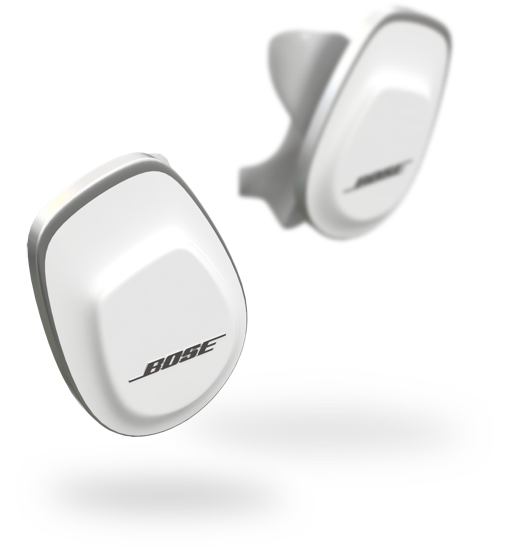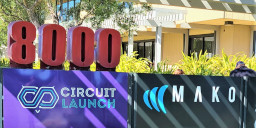They say best relationships have no expectations. Relationships where enough trust has been established where it no longer requires regular nurturing. Relationships that feel like no time has passed between you and your friend despite not seeing or talking to each other for months or years. Works at the personal level, certainly not at the business level. Before, during, or after a purchase, your customer has specific expectations of the business. The best invention makers will define these customer relationships to help meet and boost their bottom line.

Customer Relationships
Customer Relationships are one of the nine components of the Business Model Canvas that helps inventors manage and structure a streamlined business plan. Since introducing the BMC a couple of months ago, we’ve covered several related topics. So let’s do a quick recap of how we got here.
We know that your general target audience can be broken down into smaller groups called Customer Segments. These customer segments are based on demographics, behaviours, and other elements. Because different customer segments value different things, you need to craft statements salient to each of your segments. We call these statements Value Propositions. Each one should be designed to convince your customer segment why they should buy your product. To communicate your value propositions to your customer segments, you can use Customer Channels. Some examples of channels are your website, email, and social media.
Through these channels, invention makers establish short or long-term customer relationships. The objective of these relationships is to acquire, retain, or upsell to customers. These relationships are based on your researched assumptions of what the customer expects from your business. From customer service to how you curate your Instagram page, each type of relationship will have an effect on your customer’s experience with your business.
It makes even more sense when you put yourself in the shoes of a customer. It doesn’t have to be for your business either. When you go out to a fine dining restaurant, your expectation of the service much higher than, for example, a Wendy’s. Indeed, defining and being consistent with the types of relationships you have with your customers will become a huge part in how your customer views your business.

Types of Customer Relationships
The type of relationship you have with your customer is determined by the channel your customer found your business and they have yet to purchase a product from you or not. Outside the transactional relationship, we’ve outlined the six main types of customer relationships below.
- Personal Assistance: No chatbots here. Whether it’s through a messaging app, phone, or email, customers will have a direct line of communication with your customer relationship service team to make a purchase or any other help.
- Dedicated Personal Assistance: A service often reserved for long-term, high-value customers. Here, the business offers a dedicated service representative specifically to one customer. The objective is to build an exceptional level of trust and offers an intensely personalized customer experience.
- Self-service: Cost-efficient solution that provides customers with everything they need to help themselves.
- Automated Services: When you open Spotify or iTunes, notice how there’s a section for recommended music? Automated services recognize your habits to tailor a personalized customer experience without the need for human-to-human interaction.
- Communities: Two birds, one stone. Building communities help you build more accurate customer segments as you learn about their experiences and feedback about your products. Simultaneously, your community platform serves as a channel for those in the community to share knowledge and help answer questions they may have about your product. It’s why many businesses leverage the proven UI/UX of Reddit’s platform and create a community subreddit there rather than building their own online forum from scratch.
- Co-creation: Community involvement and rewards! Last year, Bauer invited hockey fans to submit their own hockey stick designs. The winner would receive two sticks with their custom design!
About: MAKO Design + Invent is the original firm providing world-class consumer product development services tailored to startups, small manufacturers, and inventors. Simply put, we are the leading one-stop-shop for developing your physical product from idea to store shelves, all in a high-quality, cost-effective, and timely manner. We operate as one powerhouse 30-person product design team spread across 4 offices to serve you (Austin, Miami, San Francisco, & Toronto*). We have full-stack in-house industrial design, mechanical engineering, electrical engineering, patent referral, prototyping, and manufacturing services. To assist our startup and inventor clients, in addition to above, we help with business strategy, product strategy, marketing, and sales/distribution for all consumer product categories. Also, our founder Kevin Mako hosts The Product Startup Podcast, the industry's leading hardware podcast. Check it out for tips, interviews, and best practices for hardware startups, inventors, and product developers. Click HERE to learn more about MAKO Design + Invent! *NOTE: Engineering services are provided exclusively by our USA-based engineering team







